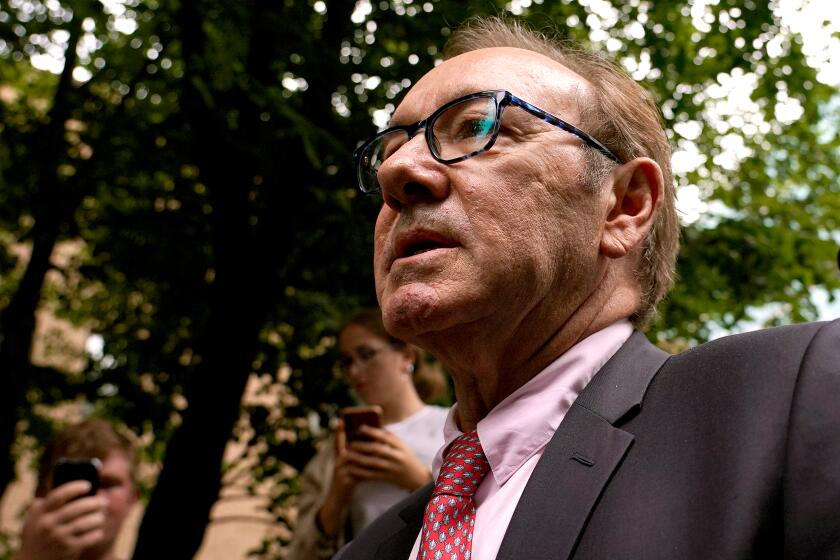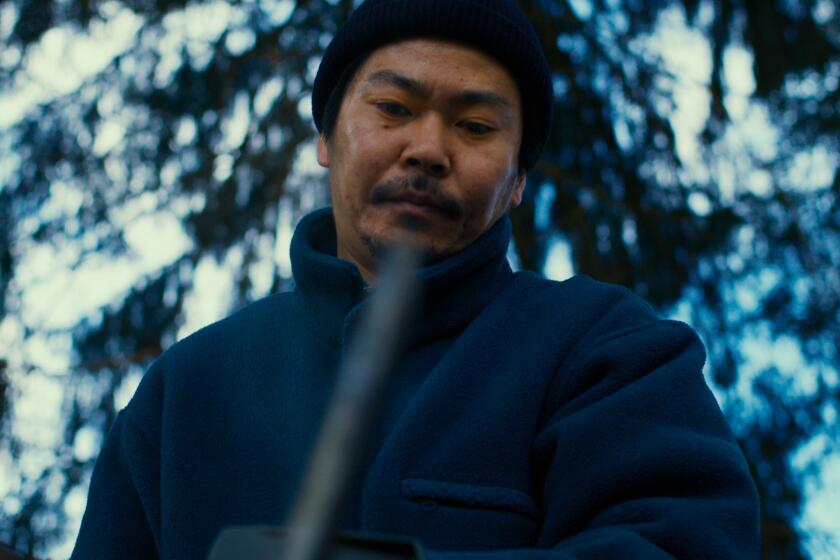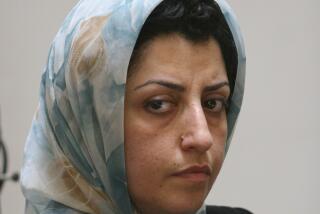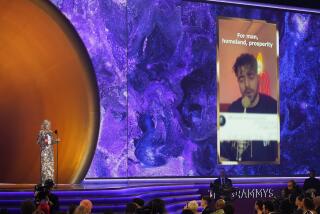Filmmaker Mohammad Rasoulof sentenced to prison, lashings in Iran ahead of Cannes trip
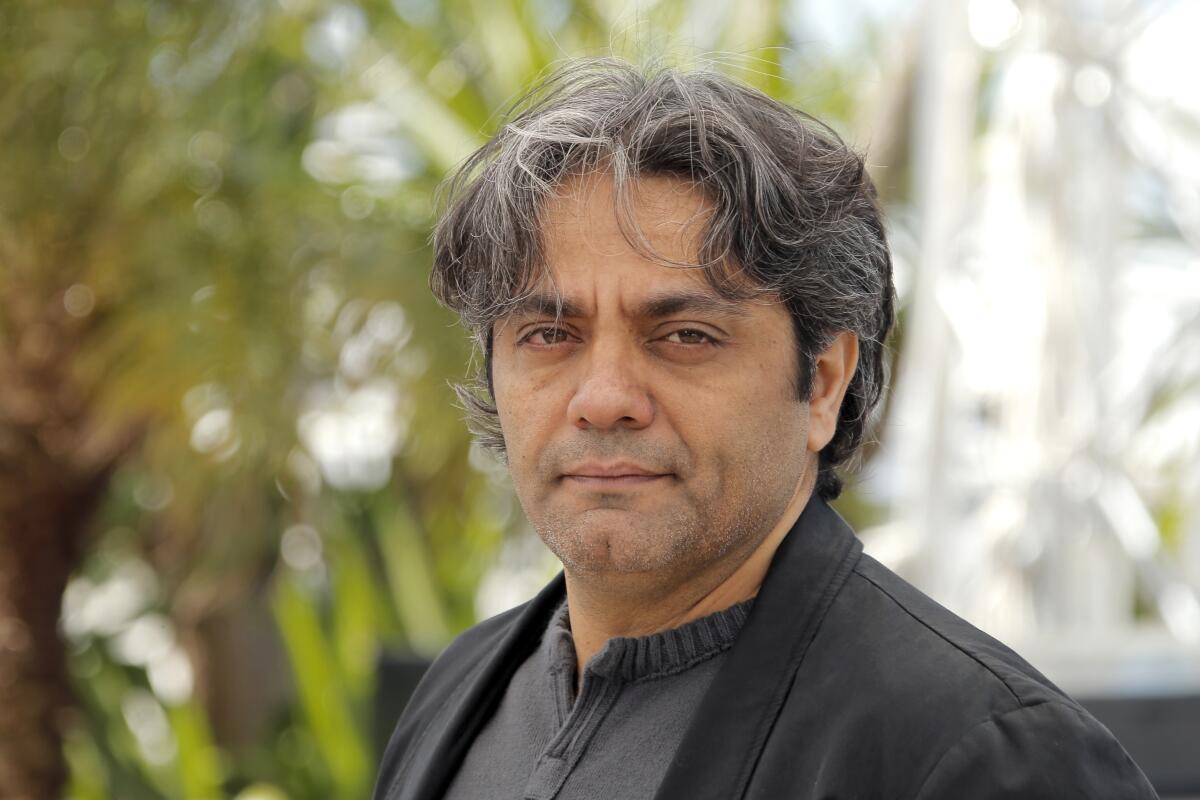
The award-winning Iranian director Mohammad Rasoulof has been sentenced to eight years in prison and lashings just ahead of his planned trip to the Cannes film festival, his lawyer said Thursday.
Rasoulof, 51, known for his film “There Is No Evil,” has become the latest artist targeted in a widening crackdown on all dissent in the Islamic Republic following years of mass protests, including over the 2022 death of Mahsa Amini.
Former L.A. Times film critic Justin Chang wins Pulitzer Prize for work singling out those he felt deserved praise for artistry, humanity and sheer storytelling.
Iranian authorities haven’t acknowledged the sentence, but Rasoulof and other artists had co-signed a letter urging authorities to “put your gun down” amid demonstrations over a 2022 building collapse that killed at least 29 people in the southwestern city of Abadan. Since then, artists, athletes, celebrities and others have been called in for questioning or faced prison sentences.
“This judgment is issued due to Mr. Rasoulof signing statements in support of the Iranian people,” his lawyer Babak Paknia told the Associated Press. He said that those statements, along with his tweets and further social activities, were found to be instances of “action against national security.”
Rasoulof faced trial in Tehran’s Revolutionary Court, Paknia added.
The tribunals, often handling cases of those with Western ties later used in prisoner swaps by Iran, have been internationally criticized for not allowing those on trial to pick their own lawyers or even see the evidence against them in closed-door hearings.
‘Spacey Unmasked,’ which premiered Monday on the U.K.’s Channel 4, details allegations of misconduct from 10 men against the actor, all but one of whom have never before spoken publicly.
The director also faces lashings, fines and asset seizures, his lawyer said.
Iran’s mission to the United Nations did not respond to a request for comment over Rasoulof’s sentencing. He had been scheduled to head to Cannes for the premiere of his new film, “The Seed of the Sacred Fig,” later this month.
“There Is No Evil,” which tells four stories loosely connected to the use of the death penalty in Iran, won the Golden Bear prize at Berlin in 2020. Rasoulof wasn’t there to accept the award due to a travel ban imposed on him by Iranian authorities. Shortly after receiving the award, he was sentenced to a year in prison for three films he made that authorities found to be “propaganda against the system.”
After winning an Oscar for “Drive My Car,” Japanese filmmaker Ryûsuke Hamaguchi returns with an exquisitely subtle portrait of a community at war with a company.
He has faced repeated prison sentences and film bans in his native Iran, whose Shiite theocracy long has railed against Western-embraced artists as a part of a “soft war” against its policies. Yet Iranian filmmaking has become known on the international film circuit for daring, thought-provoking movies outlining the challenges of life in the Islamic Republic.
Fellow filmmaker Saeed Roustayi and his producer similarly faced legal action last year after traveling to Cannes to show “Leila’s Brothers.”
Gambrell writes for the Associated Press. AP writer Amir Vahdat in Tehran contributed to this report.
More to Read
Only good movies
Get the Indie Focus newsletter, Mark Olsen's weekly guide to the world of cinema.
You may occasionally receive promotional content from the Los Angeles Times.

